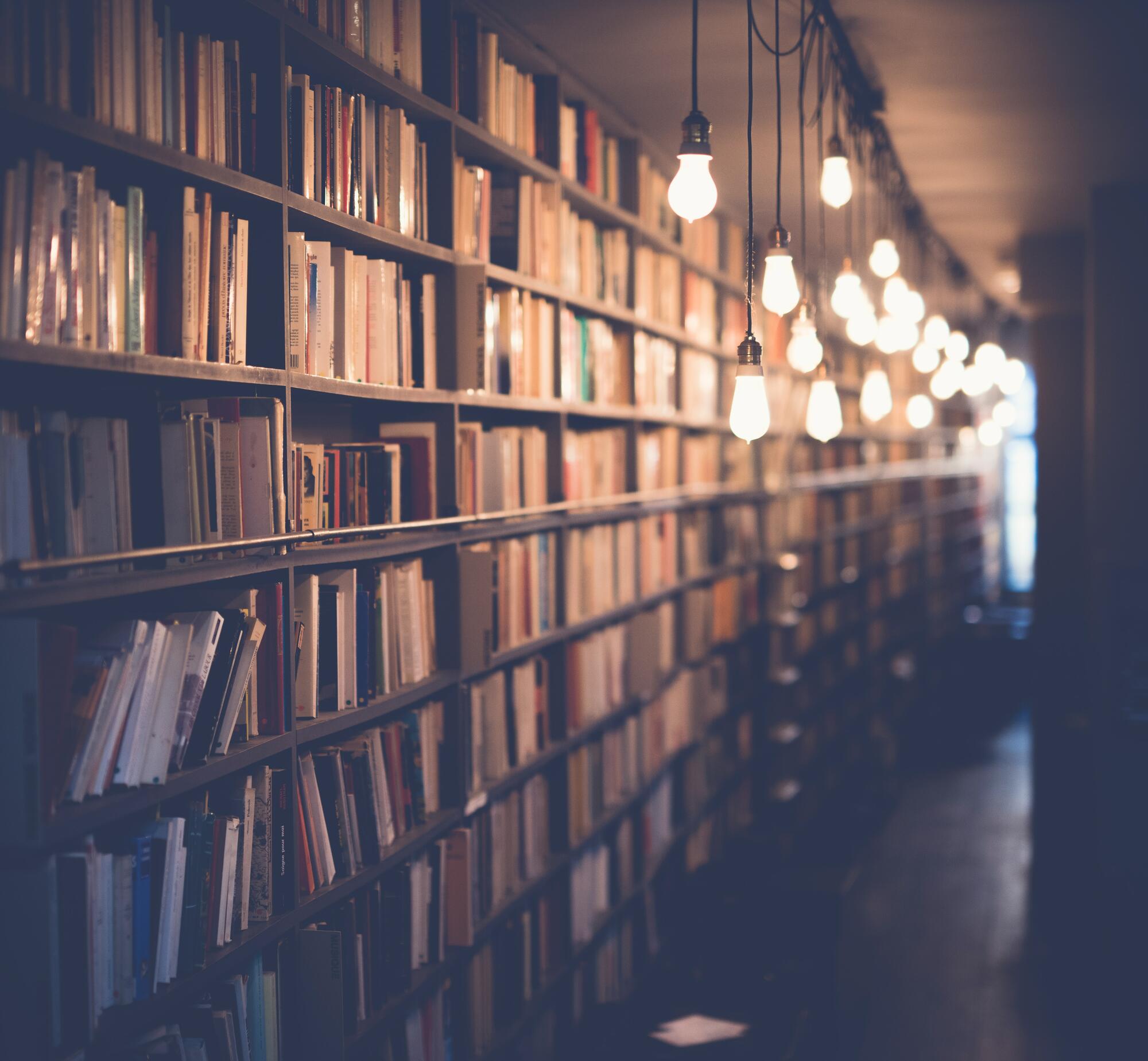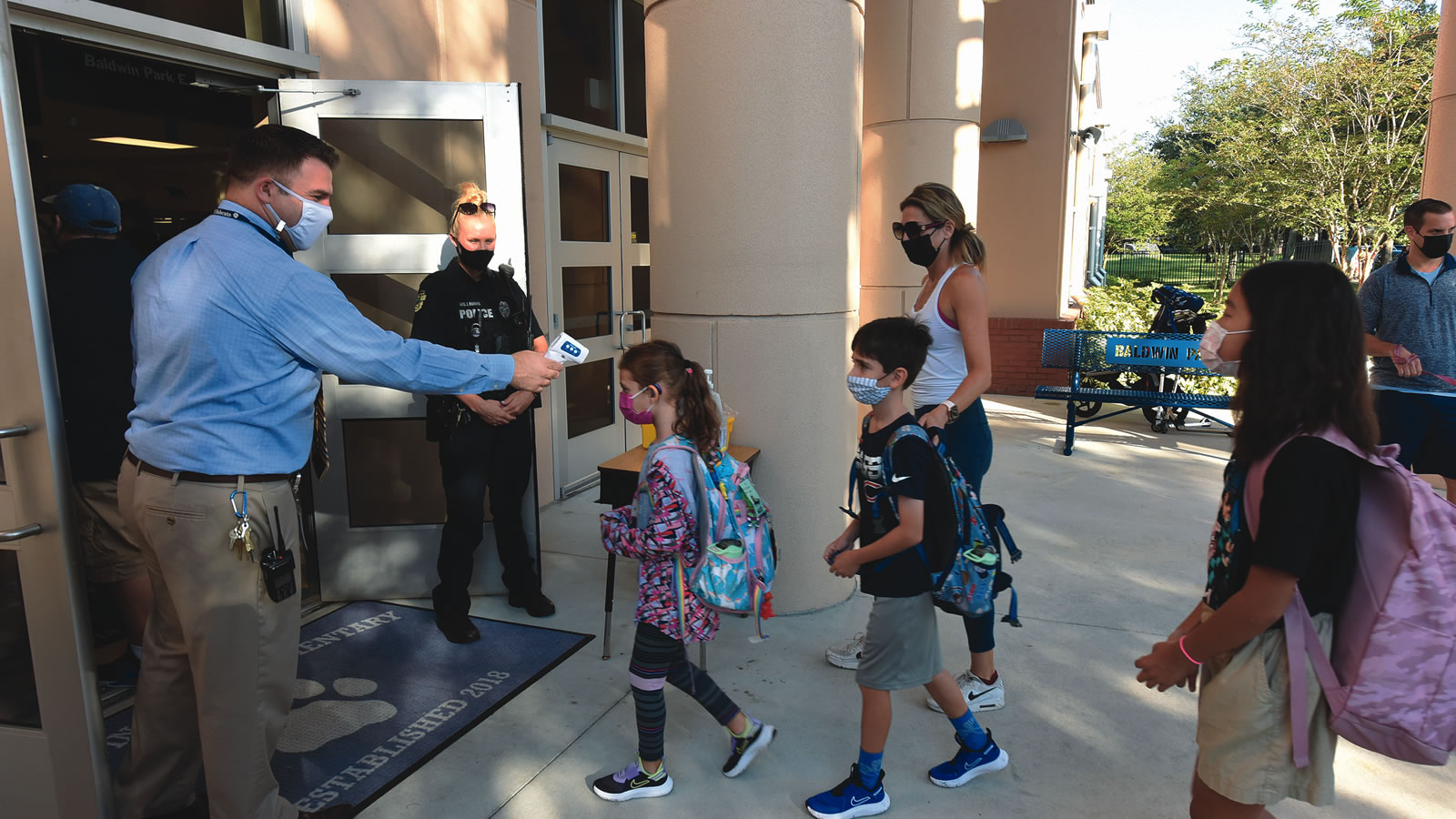
Education for all has always been an integral part of the sustainable development agenda. On the UN’s website under the goal 4 link in the Sustainable Development Goals people are able to find all the information regarding our targets in education and how close we are to achieving those targets.
Back in 2002 The World Summit on Sustainable Development adopted the Johannesburg Plan of Implementation (JPOI) which reaffirmed Millenium Development Goal 2 in achieving universal primary education by 2015 and the goal of the Dakar Framework for Action on Education for All to eliminate gender disparity in primary and secondary education by 2005 and at all levels of education by 2015. Also addressed by the JPOI was the need to integrate sustainable development into formal education at all levels, as well as through informal and non-formal education opportunities.
Covid-19 has devestatingly impacted our progress in achieving SDG #4. Because of school closures and lack of virtual educational resources for many low and middle class students. Academic achievement rates have drastically fallen. According to the UN website we have lost over 20 years of progress because of the pandemic.

Under goal 4 there were seven key targets and three sub targets that the UN had hoped to achieve by 2030. These key targets included:
- ensuring that all girls and boys complete free, equitable and quality primary and secondary education leading to relevant and effective learning outcomes
- ensuring that all girls and boys have access to quality early childhood development, care and pre-primary education so that they are ready for primary education
- ensuring equal access for all women and men to affordable and quality technical, vocational and tertiary education, including university
- substantially increasing the number of youth and adults who have relevant skills, including technical and vocational skills, for employment, decent jobs and entrepreneurship
- eliminating gender disparities in education and ensure equal access to all levels of education and vocational training for the vulnerable, including persons with disabilities, indigenous peoples and children in vulnerable situations
- ensuring that all youth and a substantial proportion of adults, both men and women, achieve literacy and numeracy
- ensuring that all learners acquire the knowledge and skills needed to promote sustainable development, including, among others, through education for sustainable development and sustainable lifestyles, human rights, gender equality, promotion of a culture of peace and non-violence, global citizenship and appreciation of cultural diversity and of culture’s contribution to sustainable development
- Build and upgrade education facilities that are child, disability and gender sensitive and provide safe, non-violent, inclusive and effective learning environments for all
- By 2020, substantially expand globally the number of scholarships available to developing countries, in particular least developed countries, small island developing States and African countries, for enrolment in higher education, including vocational training and information and communications technology, technical, engineering and scientific programmes, in developed countries and other developing countries
- By 2030, substantially increase the supply of qualified teachers, including through international cooperation for teacher training in developing countries, especially least developed countries and small island developing States

According to the website the impact of the COVID-19 pandemic on schooling is considered a “generational catastrophe”. Before the pandemic, we were behind in achieving the education targets in the Sustainable Development Goals. The school closures caused by the pandemic have had devastating consequences by impacting children’s learning and well-being. We are now one year into the COVID-19 crisis, and “two thirds of students worldwide are still affected by full or partial school closures. The most vulnerable children and those unable to access remote learning are at increased risk of never returning to school and of being forced into child marriage or child labour.”
To learn more about sdg goal 4 and what we can do to help our nations get back on track and aquire this goal by 2030. Go to this link and check out the many resources available to become an ambassadore of change.
Thanks for reading
Bayta Owens #GEN2108
Recent Comments